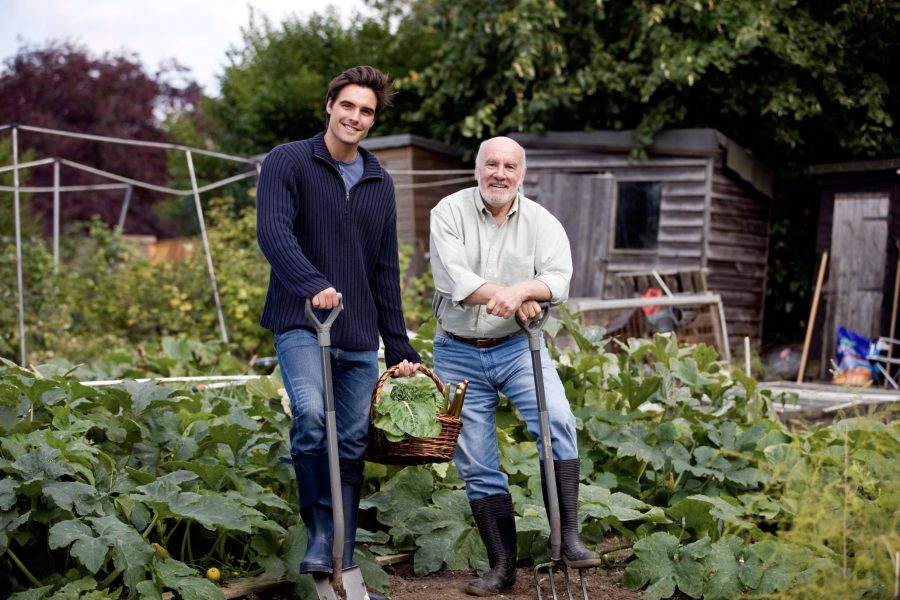The more sustainably you garden, the higher your perceived levels of wellbeing from it, scientists at the Royal Horticultural Society (RHS) have found.
The research published in the journal UrbanForestry and Urban Greening reveals for the first time that taking a more sustainable approach to managing your garden has a positive impact not only on the environment but can also make you feel better compared with adopting a less green approach.
The charity asked more than 2,000 people about their gardening habits with 83% of those that gardened considering it positive for their overall health and wellbeing, with the greatest benefits perceived for mental health followed by physical and social health.Those gardeners who said they actively supported wildlife or limited their environmental footprint perceived higher overall health and wellbeing benefits from gardening.
The most common activities undertaken by those surveyed included avoiding the use of pesticides (62%), growing plants for bees and other pollinators (58%), and watering with rainwater or recycled grey water (43.8%).
Sustainable gardening, the research suggests, is thought to benefit people in six key ways:
- improving environments for supporting human health
- enhancing opportunities for psychological restoration
- higher engagement in physical activity
- wider or stronger social network bonds incorporating nature connectedness
- providing a higher degree of continuous learning•and a sense of extended care-giving to the wider environment
For example, hand weeding expends more energy than applying weedkiller, as does using a watering can over a hose, or making, turning and mulching compost overbuying an equivalent, while sustainable gardening also provides more opportunity for reflection and restoration through the experience of greater connectedness with the natural world, and a less stressful gardening experience by working with rather than against nature.
The RHS has also previously published a guide to gardening sustainably which includes going peat-free and composting, switching from mains water to rainwater and planting a tree or flowers for pollinators.
The paper ‘Engagement in sustainable horticulture is associated with greater perceived health benefits amongst gardeners’ by Chloe Sutcliffe, Lauriane Suyin Chalmin-Pui, Mark Baudert Gush, Alistair Griffiths is published here.
More news like this can be found in The Country Smallholder magazine. Subscribe here.
For FREE updates from the world of smallholding, sign up for The Country Smallholder newsletter here.








